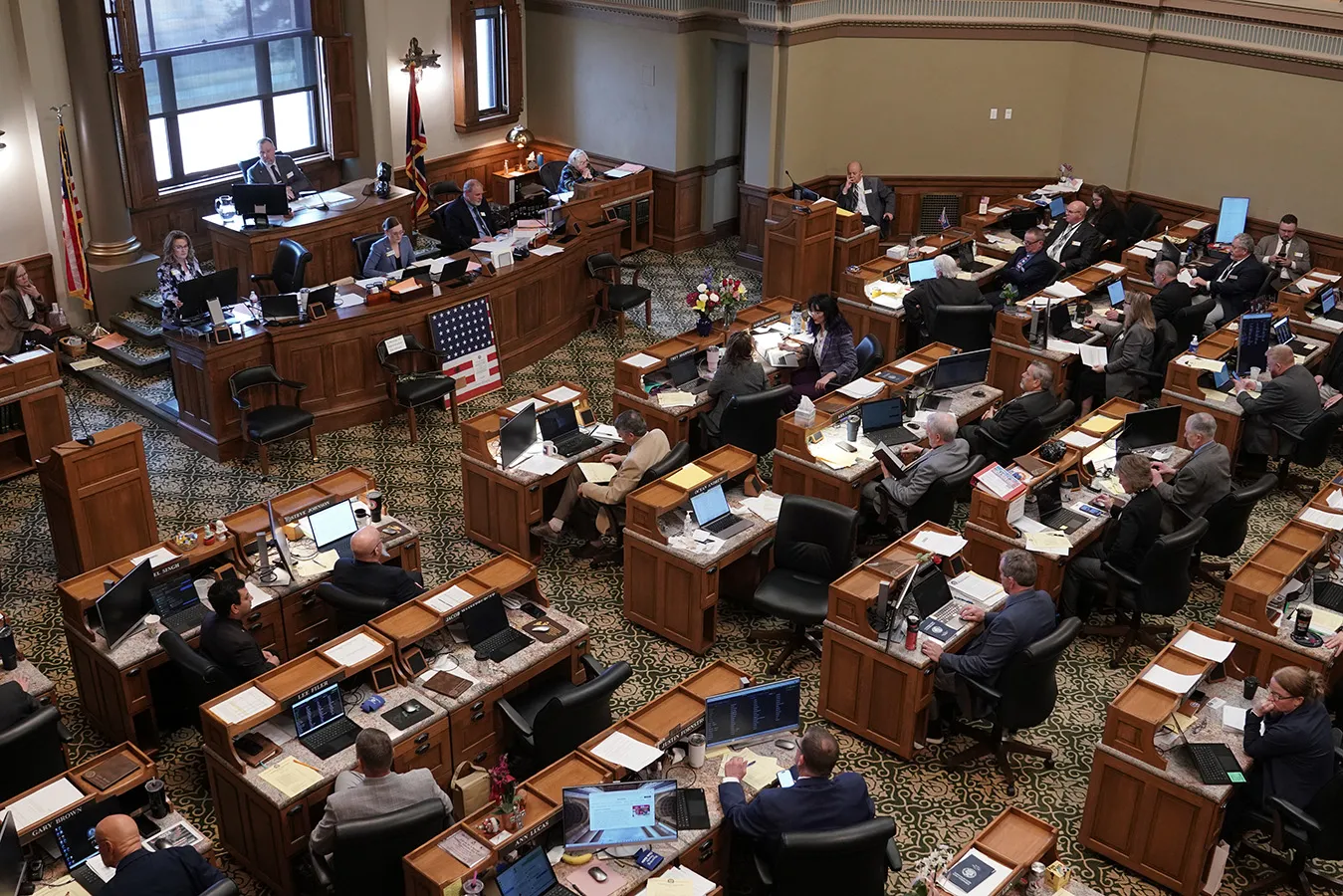A new Wyoming law set to take effect in July has prompted a federal lawsuit, with opponents arguing that the legislation places an unconstitutional burden on the right to vote and lacks clarity, Oil City News reports.
The law, House Bill 156, requires individuals registering to vote to provide proof of US citizenship and Wyoming residency.
Filed by the Equality State Policy Center in the US District Court for Wyoming, the lawsuit contends that the law could disenfranchise voters — particularly young, low-income, Hispanic, and female voters — by making it difficult or costly to obtain the necessary documents. The complaint also claims that the law is unconstitutionally vague, making its enforcement inconsistent and potentially arbitrary.
Supporters, including Secretary of State Chuck Gray and members of the Legislature’s conservative wing, argue the law is a necessary safeguard to ensure that only eligible Wyoming residents participate in elections. Gray has pledged to vigorously defend the statute, calling it a cornerstone of his election integrity agenda.
“The people of Wyoming overwhelmingly support this no-brainer law,” the Wyoming Freedom Caucus stated in a social media post, urging the state attorney general to defend it.
Critics, however, note that voter fraud has been exceedingly rare in the state. According to a database maintained by the conservative Heritage Foundation, only four voter fraud convictions have occurred in Wyoming since 2000, all involving US citizens.
The law’s implementation details — including which documents qualify as sufficient proof — are still being developed through the Secretary of State’s rulemaking process, currently open for public comment. A Wyoming driver’s license listing a state address would meet the requirements, but others may face complications. The lawsuit notes that voters without matching documentation, such as women who changed their names after marriage or residents who have moved frequently, may struggle to comply.
The suit also cites Wyoming’s aggressive voter list maintenance practices. Last year, more than 83,000 voters were purged from the rolls for not participating in the most recent election, a roughly 28% drop in registered voters.
Governor Mark Gordon allowed the bill to become law without his signature, citing concerns over its clarity. He specifically questioned a provision instructing county clerks to accept citizenship documentation unless it contains “any indication” the person is not a citizen — language he warned could be difficult to apply consistently.
The lawsuit echoes that concern, asserting that the vague standard opens the door to uneven application and violates constitutional protections against ambiguous laws.
Similar laws in other states — including Arizona, Kansas, and New Hampshire — have faced legal scrutiny, often resulting in court rulings that limited or overturned such requirements.
The case is assigned to US District Judge Scott Skavdahl.










The latest news in your social feeds
Subscribe to our social media platforms to stay tuned